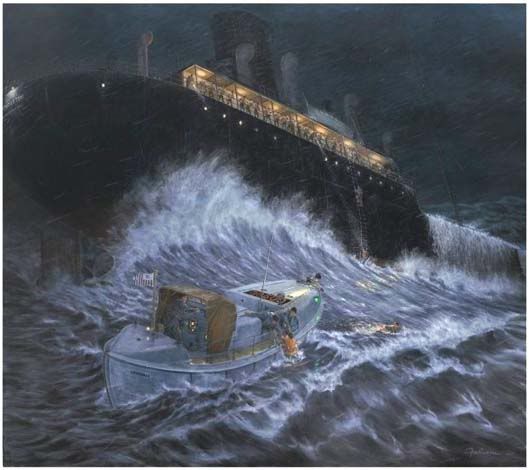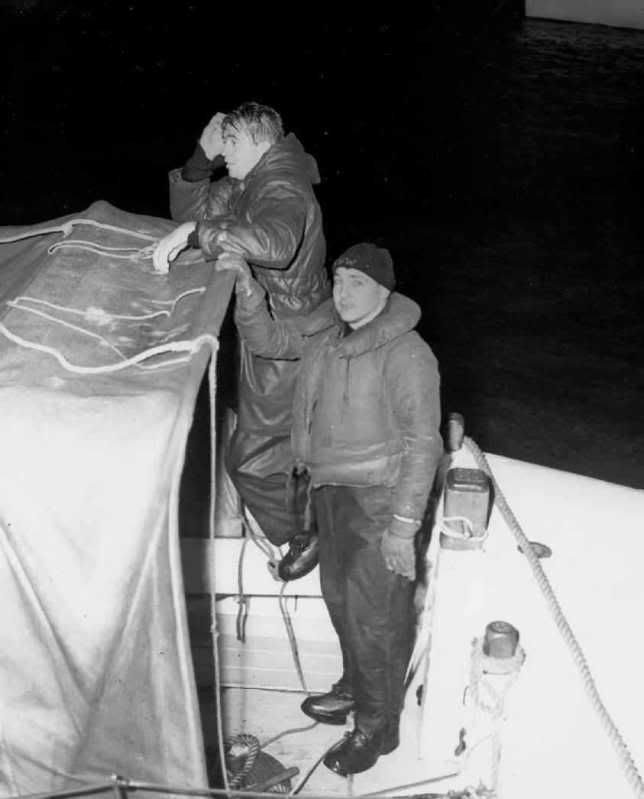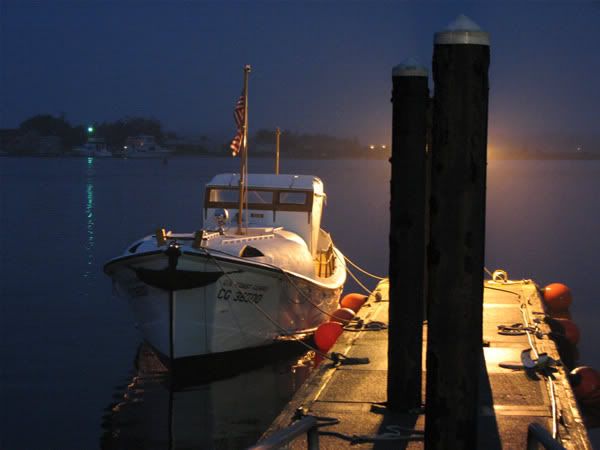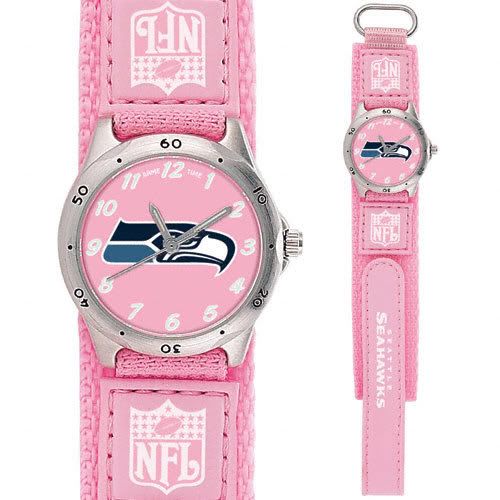Real Heroes
On the day before Christmas Eve, somewhere over the Rockies, I pulled out the latest issue of Wooden Boat. The cover piece - "Back From Disaster" by Randall Peffer - is one of the best articles I have read in years. It is the story of the four young Coast Guard men who took Motor Lifeboat CG-36500 out into a storm the night of February 18th, 1952.
A WWII vintage tanker, the Pendleton, had broken in half. The status of the men on board was unknown (the eight on the bow were probably already dead, 33 souls clung to the stern, which still had power and limited steering). Complicating the situation was the fact that another tanker had also broken in half in the same general area, and Coast Guard resources were focused on that situation. The men on the Pendleton's stern could hear the radio calls but couldn't transmit - they faced the sobering prospect that someone would be rescued that night, but probably not them.
The Chatham Coast Guard station learned from a PBY search plane that there was a second ship in distress. A lifeboat crew was assembled by 24 year-old Coxwain Bernard Webber from available personnel at the station. They understood that they might be undertaking a suicide mission. Waves were running sixty feet, and an amphibious truck and surfboat had both already failed to get over the breakers at the Chatham bar. When CG-36500 tried to cross the bar she nearly capsized (imagine this in a small boat, on a snowy night). The compass and lifesaving gear went overboard. The windscreen blew out. Webber thought he'd lost his crew. "They looked like goners but they managed to hold on," he said later.
The engine (90 hp on these boats) had shut down, but they got it going again. Without a compass Webber navigated by dead reckoning. He fought the seas by accelerating into the rising surf, then backing the engine on the downside of the giant waves. All lights were doused to preserve the crew's night vision.
Then, looming up in front of them, they saw what was left of the Pendleton:

(More on this awesome painting here.)
The lifeboat was rated for perhaps 20 survivors - 33 came down the ladder. They crammed them in - in the main hold, in the engine compartment, any place they'd fit. One man was smashed between the two vessels and killed.
Webber radioed for help, but when he realized that they were going to try and rendezvous him with a cutter, shut the thing off. The survivors and crew were hypothermic, and he was taking the boat in to land now, before they started dying. As he brought CG 36500 around and headed in the general direction of shore, someone spotted the Chatham light. Webber steered for it, and despite the overloading, they made the harbor entrance in good order.
In the relative calm of Chatham harbor, they noticed around hundred people on shore, waiting to meet them. Webber and his crew tied up at the fishing pier. Then, shaking with cold and relief, as they watched 32 men disembark from a lifeboat meant to hold 20, maybe they started to realize what they had done.

One commentator notes that in accomplishing this rescue, Webber and his crew did four things that experienced seamen would have regarded as nearly impossible:
- They got a light rescue boat across Chatham Bar in hurricane-like conditions,
- They found the Pendleton in darkness without radar or radio contact,
- They got every man but one off the Pendleton and onto their boat,
- They successfully navigated the overloaded boat back to Chatham, in storm and darkness, without a compass.
That about covers it.
They tried to give Webber the Gold Livesaving Medal, with a lesser commendation for the rest of the crew. Webber refused. The whole crew or nothing, he said.
They got the medal.
In 2002 the crew had a brief reunion. Three are now gone: Bernie Webber passed away in January of this year. Here is the Memorial video from the Coast Guard:
The boat has been preserved as a memorial - an enduring reminder of what heroism really is.

Happy Holidays, and to all, a good night.





